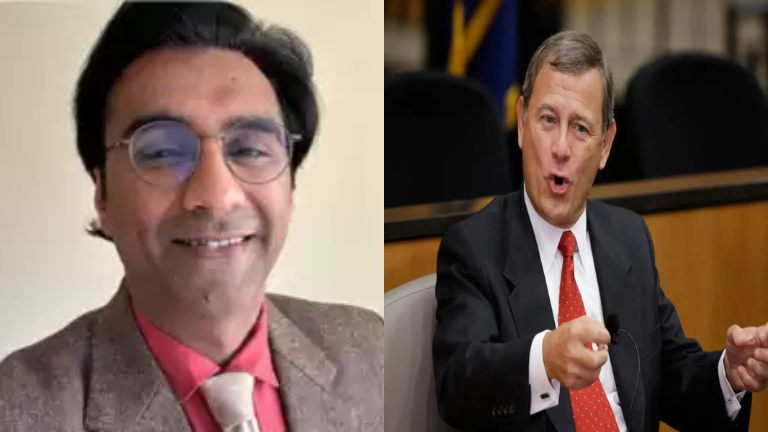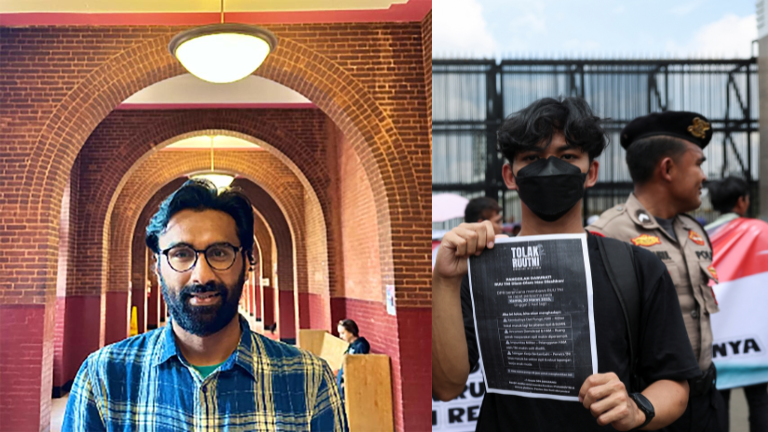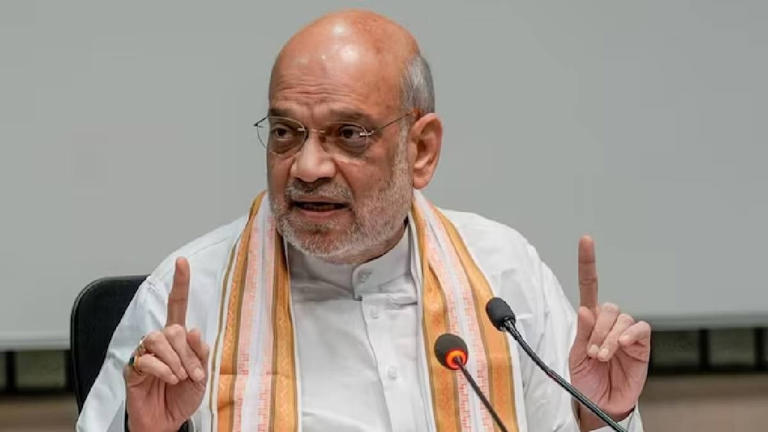Badar Khan Suri Deportation Blocked by US Judge Amid Free Speech and Due Process Concerns
The controversial case of Badar Khan Suri deportation has taken a significant turn as a federal judge halted his removal from the United States. Suri, an Indian-origin research scholar at Georgetown University, was arrested earlier this week by US immigration officials under allegations of having ties to Hamas. However, his legal team has argued that the government’s actions are rooted in political bias, targeting Suri not for any proven wrongdoing, but for his academic work and personal beliefs.
In a landmark decision on Thursday, US District Judge Patricia Tolliver Giles issued an order stating, “Badar Khan Suri shall not be removed from the United States unless and until the Court issues a contrary order.”
This decision marks a major development in the ongoing Badar Khan Suri deportation case, which has drawn national attention for its implications on free speech, immigration law, and due process.
Background of the Badar Khan Suri Deportation Case
Suri, a postdoctoral fellow at Georgetown University’s Alwaleed Bin Talal Center for Muslim-Christian Understanding, was arrested outside his home in Rosslyn, Virginia. Reports from Politico state that masked agents detained Suri and that he was to be transferred to a Texas detention center pending deportation.
His attorney, Hassan Ahmad, has argued that the Badar Khan Suri deportation is politically motivated. According to the court filings, Suri was targeted for his critical views on the Israel-Gaza conflict and his social media posts—not for any criminal behavior.
“Dr. Suri is an academic, not an activist,” Ahmad wrote. “He has no criminal record, holds a valid visa, and is being persecuted for his opinions and his wife’s Palestinian heritage.”
Government’s Allegations and Suri’s Defense
The Department of Homeland Security has claimed that Suri has “close connections to a known or suspected terrorist” and accused him of “spreading Hamas propaganda and antisemitism on social media.” These allegations led the Secretary of State to declare on March 15, 2025, that Badar Khan Suri’s presence in the US rendered him deportable.
However, the defense argues that these claims are unsubstantiated and reflect a broader pattern of the Trump administration’s attempts to weaponize immigration laws to silence dissent. The Badar Khan Suri deportation case, they argue, is a direct violation of First Amendment rights.
Political and Legal Reactions to Badar Khan Suri Deportation
Congressman Don Beyer, a Democratic representative from Virginia where Suri was detained, issued a strong statement condemning the arrest and deportation efforts.
“The justification given for these violations of Mr. Suri’s rights is itself a constitutional violation—an attack on free speech. The Badar Khan Suri deportation is a disturbing example of political targeting,” Beyer said.
The American Civil Liberties Union (ACLU) and other civil rights groups have also started to rally support, calling for Suri’s release and a review of the immigration enforcement process under the current administration.
Family Background Adds Complexity
Adding to the controversy, Suri’s wife, Mapheze Saleh, is a U.S. citizen with Palestinian roots. Reports note that her father, Ahamed Yousef, once served as a deputy foreign minister in the Hamas-led government in Gaza. However, Suri has clarified that Yousef left office after his term ended and that there were no further elections.
Despite this connection, Saleh herself was born in Missouri and spent her early years in Gaza before returning to the U.S. The defense insists that Badar Khan Suri deportation is unfairly using her family history to justify punitive immigration action.
What’s Next in the Badar Khan Suri Deportation Case?
The Badar Khan Suri deportation battle is far from over. While Judge Giles’ order has temporarily stopped the deportation, the court will still need to decide whether to release Suri or allow him to remain in detention during the proceedings. His legal team remains committed to proving that the government’s case is flawed, politically driven, and in violation of constitutional rights.
📌 Key Takeaways:
- Badar Khan Suri deportation halted by federal judge.
- Suri accused of ties to Hamas; his legal team calls it political targeting.
- Georgetown scholar holds valid visa and has no criminal record.
- Congressman Don Beyer condemns the deportation as unconstitutional.
- Legal experts warn of broader implications for academic freedom and civil liberties.
As this high-profile case unfolds, the outcome of the Badar Khan Suri deportation could set a significant precedent for how the U.S. handles immigration cases involving free speech and political dissent.







